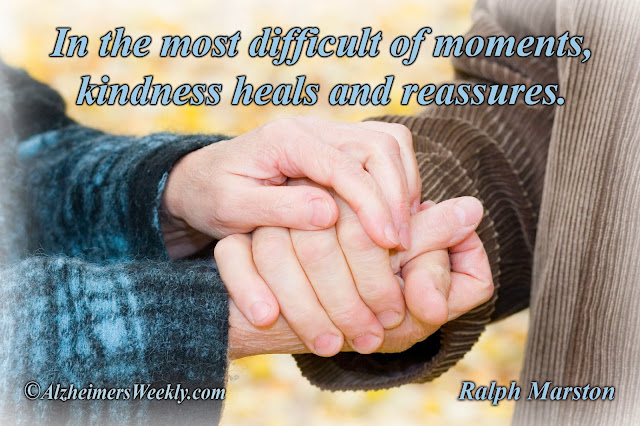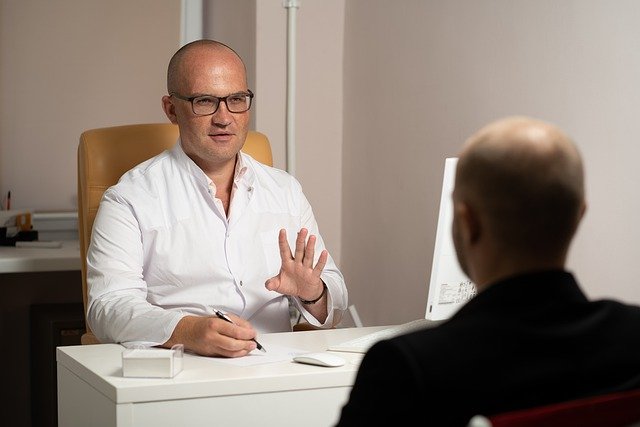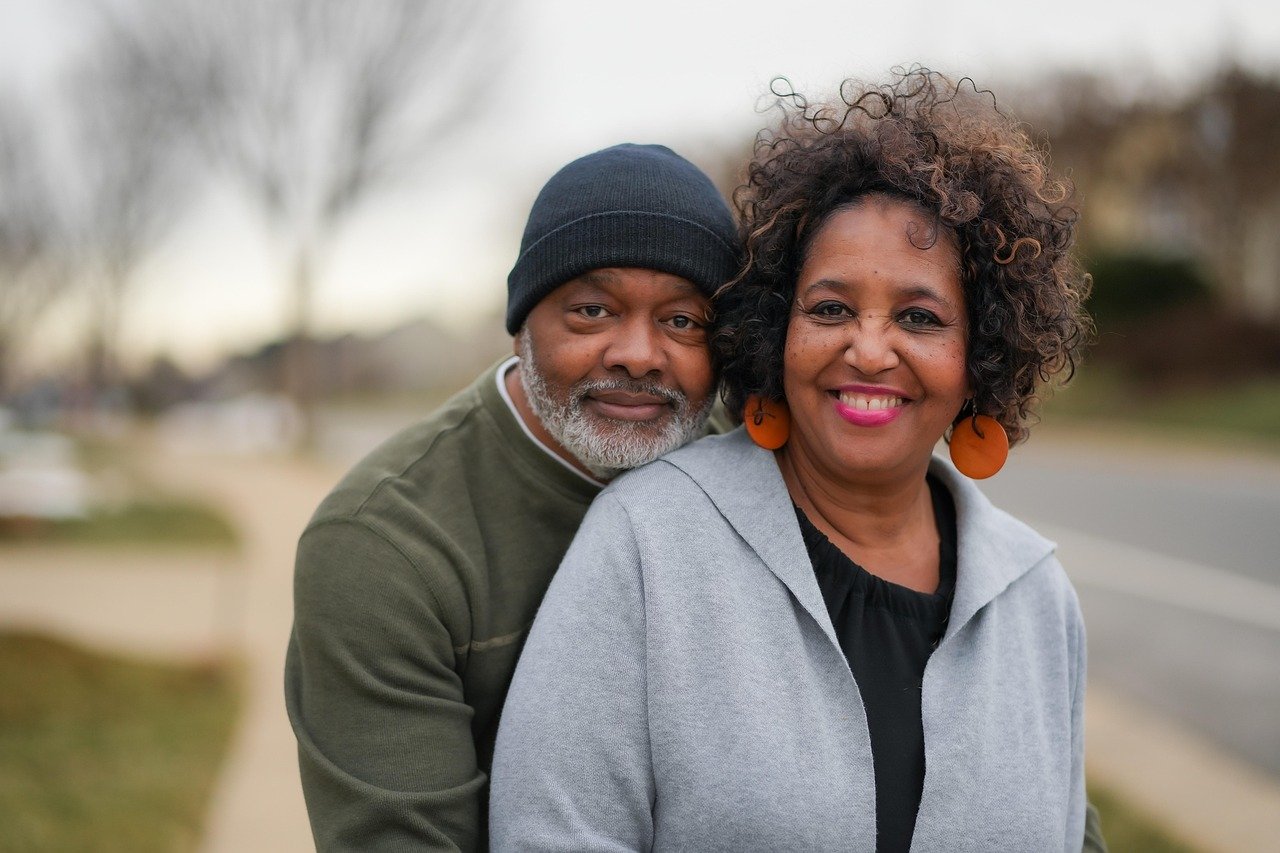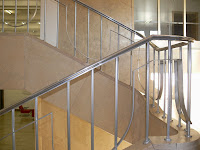
Thought of the Week: Difficult Moments
In the most difficult moments, Kindness heals and reassures.

In the most difficult moments, Kindness heals and reassures.

We make a living by what we get, but We make a life by what we give. (Click for more inspirational Posters & Cards)

November is Alzheimer’s Awareness Month. Share this to show your support.

You can’t pour from an empty cup. Take care of yourself first.

They invented hugs to let people know, You love them, without saying anything.

The beautiful thing is, music can be like a time machine. One song can take you back to a moment in time like nothing else

Dementia does not rob someone of their dignity. It’s our reaction to them that does.

The only way to retain love is to give it away.

There are 2 ways to spread light. To be the candle, or the mirror that reflects it. 071223

(Thought of the Week) “Sometimes we need someone to simply be there. Not to fix anything or do anything in particular, but just to let us feel we are supported and cared about.”

New early-onset Alzheimer’s data show that lecanemab can slow functional decline—even while tau continues to spread in the brain. The research helps explain how amyloid-lowering treatments may still preserve daily life, despite the disease’s complexity.

People with dementia who were consistently seen by the same General Practitioner (GP) are given fewer medicines and are less likely to be given medicines that can cause problems, according to researchers at University of Exeter. Learn more.

Amyloid is one of the leading culprits behind Alzheimer’s. Scientists know it damages memory by killing brain cells. Now research reveals how amyloid triggers memory loss in perfectly healthy brain cells as well. Learn more about how Alzheimer’s develops.

Researchers found in a study that people who developed dementia were more likely to have their credit rating drop at least two and a half years before the diagnosis. Some had problems managing their money up to six years before. Find out more.

Scientists say restoring a brain protein, not removing amyloid plaques, should be the target of Alzheimer’s dementia therapies. The researchers said treatment might lie in normalizing the levels of a specific brain protein.

Dietary iron is an essential element in the brain. That’s why it is critical to understand how it affects Alzheimer’s. Researchers used advanced X-ray techniques to take a giant step forward in understanding iron chemistry in amyloid plaque, the main culprit behind Alzheimer’s. Learn more about their exciting new insights.

A deep promise to be there for an Alzheimer’s parent, this heartwarming song was written as a tribute to families facing dementia.
No spam, only news and updates.


